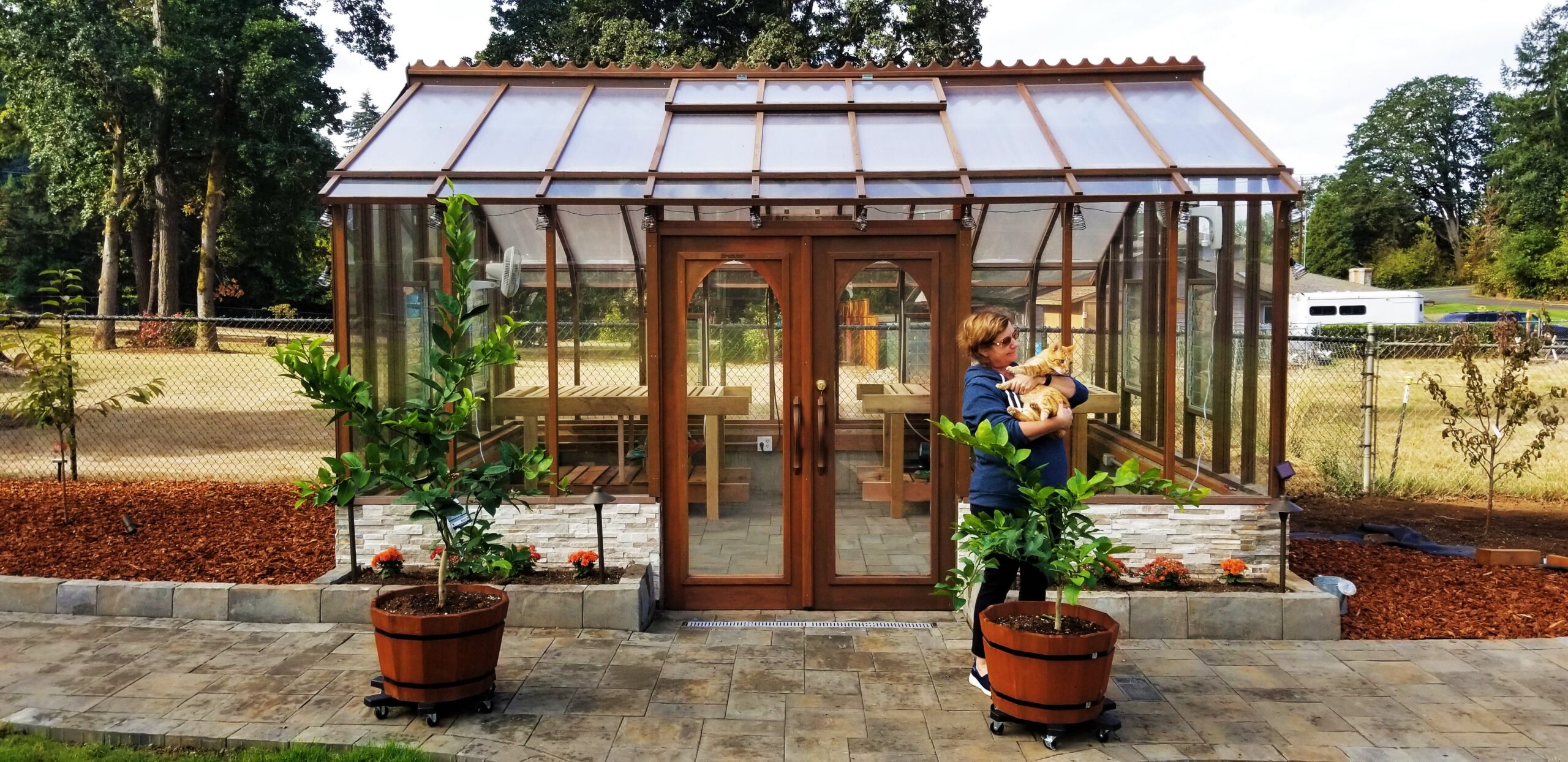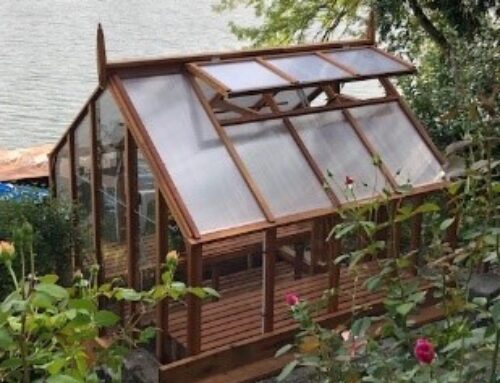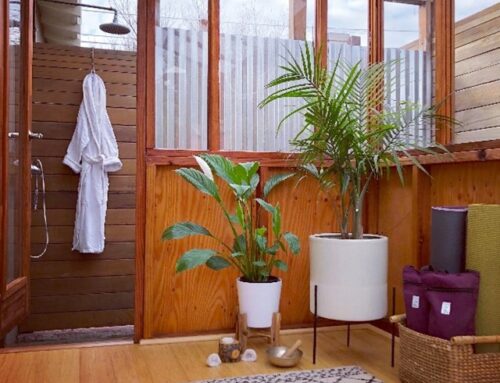Anyone with a greenhouse must inspect for pests and disease to ensure their plants remain healthy and grow to their fullest potential. Both threats can be subtle, so it’s crucial to identify them early and prevent long-term or permanent damage to your plants. To help you become more adept at this, here are five tips for preventing pests and diseases in your greenhouse.
Work With Your Greenhouse
Your greenhouse is not the enemy! In fact, it’s your greatest tool for preventing issues within your tiny garden. Ensure that it’s well-ventilated to prevent mildew growth, and make sure none of your benches or shelving are uneven, as that may cause pooling. Guaranteeing your greenhouse is in good condition will go a long way in preventing pests or diseases from entering.
Furthermore, ensure your greenhouse is manageable. If you’re the only one working in the greenhouse, you may prefer a smaller model like a trillium greenhouse. You can upgrade to a bigger greenhouse if you have more hands to help.
Ensure Plants Are Clean
Before introducing new plants to the greenhouse, you’ll want to inspect them for any hitchhiking insects or possible diseases. Furthermore, keep up with sanitation. While working with soil may make “dirty” conditions seem natural, you never want to place plants on surfaces that may be contaminated. Always disinfect pots before reusing them, and wear disposable gloves when handling crops.
Monitor Water Quality
One of the best tips for preventing pests and diseases in your greenhouse is to monitor water quality—it’s the lifeblood of all living things! You don’t want contaminated water getting into your plants or standing pools of water around the greenhouse. They are major breeding grounds for diseases and pests.
Deliver Pesticides
You may want to use pesticides to protect your plants. Distribute pesticides through small droplets in a uniform manner, ensuring every plant is thoroughly protected. Also, keep an eye on the condition of your pesticides so that you don’t accidentally use compromised or out-of-date solutions that will fail your crops.










Leave A Comment